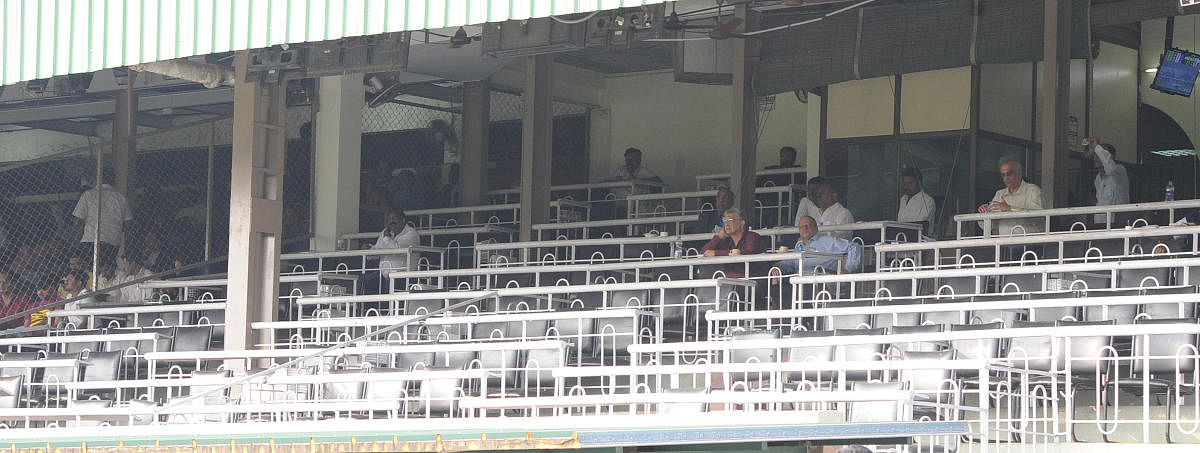
Horse racing in India is in a state of disarray, and the future does not seem much too promising either. In fact, some experts in the field conveyed that this could well be the end. The only solution, they say, is legalising online betting and creating an integrated application.
With stringent social-distancing SOPs in place, owing to Covid-19, footfall at venues across the country is set to come down further. A large chunk of revenue generated by turf clubs is dependent on the number of punters entering these venues. Since that isn’t an option, clubs are stretching themselves thin to find answers.
“I am not sure we’ll be able to get the government to reduce the tax, but what we can do is fight to legalise online betting,” explained Zeyn Mirza, the racing manager for Kunigal Stud Farm and a respected voice in the fraternity.
“An online betting application linked to the clubs’ totalizator is the only way forward. If this is combined into a national Tote with combined betting collections from all Turf Clubs across the country, punters could make bigger profits, as the volume would be greater.”
Mirza explained further: “For example, should someone bet 10 rupees at a 10:1, in the current system they’ll make 100 rupees and then lose 30 rupees of that to the GST. But if you make a 1000 rupees for the same 10 rupees invested and then you lose 300 rupees, it won’t hurt as much because you would have made 700 rupees on a 10-rupee bet. It’s simple. So if they have a collective tote, people stand to make more money.”
Horse racing in India has been subject to scrutiny for the duration of its existence in India. But once the Supreme Court announced in 1996 it to be a ‘game of skill’ and not ‘of chance’, the sport was given a new lease of life, or so the administrators believed at the time.
“We haven’t been able to shake off the sin sport tag,” said Vivek Jain, the former chairman of the Royal Western India Turf Club in Mumbai. “That’s one of the reasons it’s this diffucult to reason with the people in power. Most officials think racing is a nuisance.”
Clubs in an individual capacity have spoken about a future with online betting at the forefront for a couple of years now, but by their own admission, they didn’t pursue the project with the seriousness since they were able to ‘generate income without substantial changes to their module’. “I presented them (Turf Authority of India) with an application two years ago,” fumes Mirza. “They didn’t take it up.”
Administrators across all clubs have now come to the realisation that they cannot possibly function without a collective application.
“We cannot do without online betting,” says Dr N Nithyanand Rao, the chairman of the Mysore Race Club. “If the government doesn’t approve this, I’m not sure what we can do. Also, with OBC’s (Online Betting Counters), it completely eliminates illegal betting. All punters will be given cards and numbers and they’ll be punting through that and they can keep a tab on their money.”
Providing an explanation as to why the TAI didn’t push for online betting earlier, Nithyanand, who was on its board, said: “Punters are usually of a lower socio-economic status and it’s tough for them to work in a digitised space, but now everyone has a phone and that makes the app very useful.”
That said, Nithyanand did reveal that the TAI is working on an online betting application in association with a tech firm, and are close to applying finishing touches. The application will be run across centres which have acquired permission from their respective state governments once the centre passes the proposal.
“I don’t see why the government wouldn’t want to help legalise online betting on horse racing as it has been the only legalised form of gambling in India since independence and it is well regulated,” said Suraj Narredu, one of India’s greatest jockeys. “Fantasy gaming sites have used the 1996 Judgement to their favour and they’re raking in millions.”
“For horse racing to continue, all clubs need to work together and fix this problem. I am worried for our future,” he added.